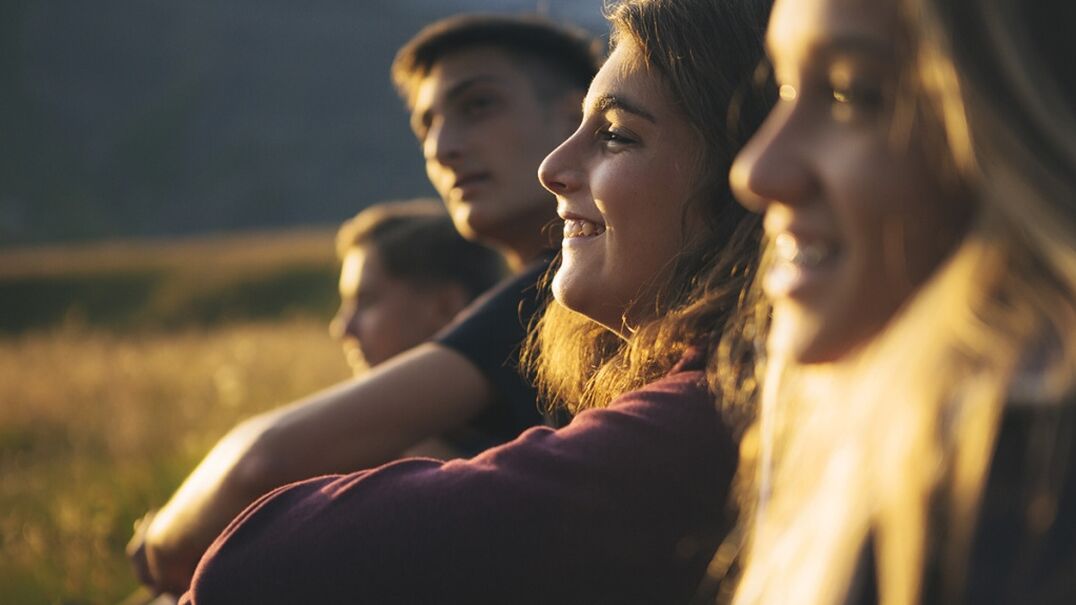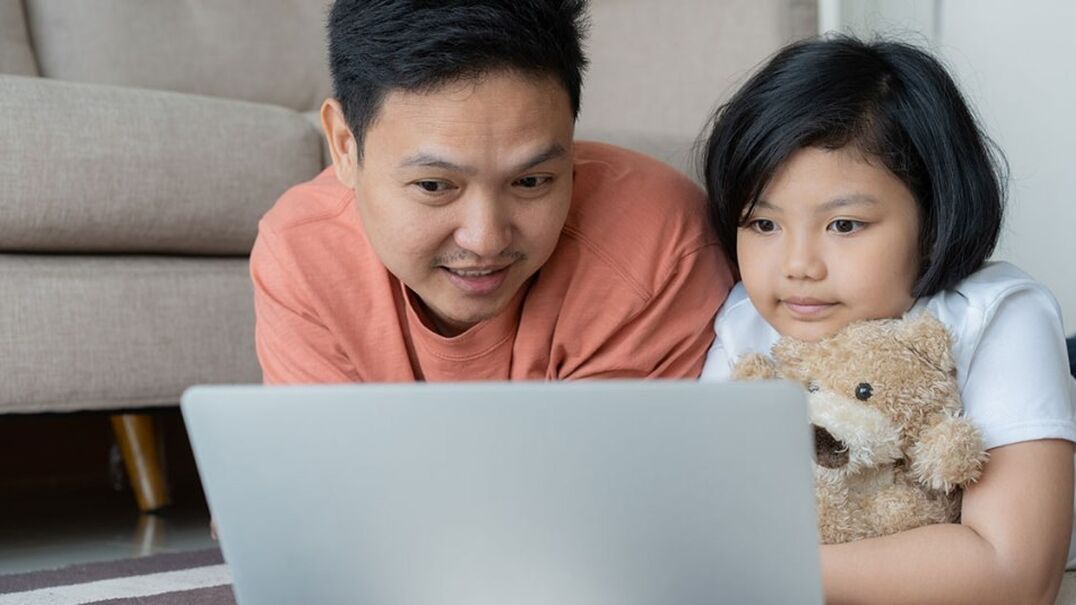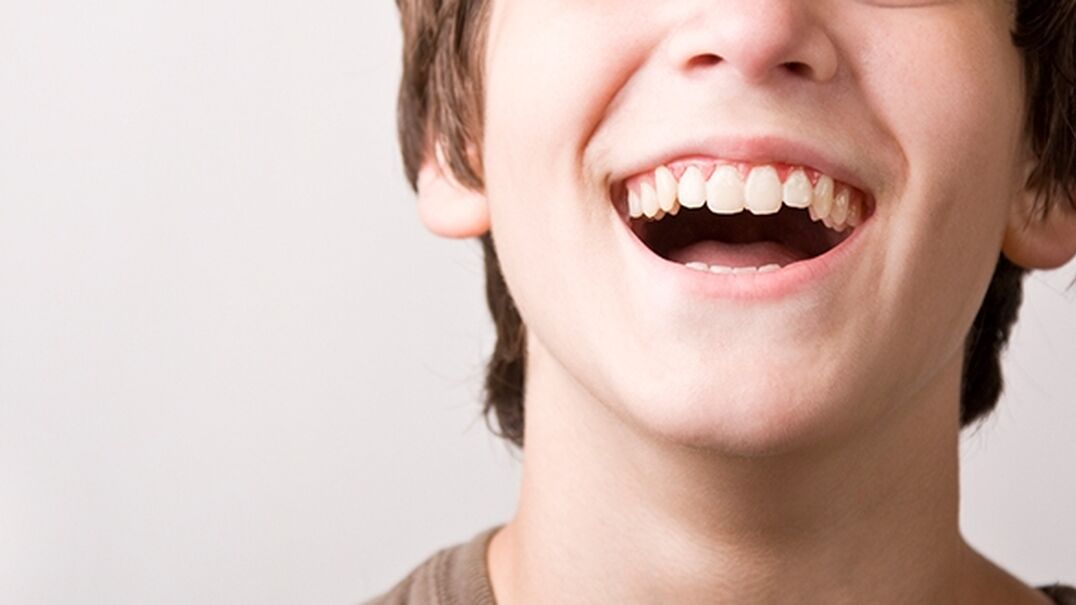Part 1 of our series ‘Mental illness relapse and recovery during a global pandemic: lived wisdom from young people’s perspectives‘
We are not all in the same boat. We are all in the same storm. Some are on super-yachts. Some have just the one oar.
Amid all the noise of think pieces about self-care and the Novel Coronavirus (COVID-19), we’re not seeing much that focuses on what happens for young people who are in recovery with mental ill-health; in particular, for young people experiencing socioeconomic disadvantage, isolation and lockdown can have wide-ranging impacts.
In this three part series, we will explore what’s happening and what’s helping during this global pandemic from the perspective of young people with a lived experience of surviving tough times. We will also share some resources and tips we have discovered along the way and are finding useful.
What’s happening?
Struggling looks and feels different for everyone. In particular, for young people who don’t have a home or stable accommodation to isolate inside of, COVID-19 is an entirely different experience. Surviving a global health crisis is not necessarily a shared experience – each person’s experience is unique based on many factors, including access to resources such as housing, cash and food.
For some of us, the experience of isolation has been extremely difficult for many reasons. Sure, we’re doing it because it’s important to protect our communities, but let’s not erase the experiences of people:
- who are living in houses where family violence and abuse is present
- who have a disability and/or are chronically ill
- who are struggling with mental-ill health
- who are carers themselves and are now responsible for the communal pressure of their families
- who identify as LGBTIQA+ and in particular trans and gender diverse folks who are isolated with unaccepting families and many more experiences like these.
These are real-life situations that can make “just staying home” – and now coming back out into the world after a significant period of isolation without the right supports – a huge risk for marginalised groups of people. For some of us, we already work so hard to get into positive headspaces and now due to COVID-19, many of our routines have been completely destabilised.
The effects of chronic instability
For those of us who don’t have stability at home, having stability in other environments is crucial. The control we once had has been taken away and can leave us feeling trapped. Having to stop routines feels like taking steps backwards in our recovery.
Some of us can’t see our workers anymore and so our consistent supports have immediately stopped. Some of us can only talk to our therapists or workers through online platforms. For many people, this is inaccessible and can create more anxiety and harm.
At times, other people’s hopefulness in the face of crisis can be upsetting, as it erases experiences of other, often more marginalised communities. Author Rowan Beckett Grigsby refers to this as “hopewashing”. People are being attacked online and being called things like “selfish” for expressing how difficult the strict physical distancing rules are.
Having more considerate responses during this significant time is going to be important. This will help make sure that many people’s experiences are acknowledged and validated as we have bunkered down and are now resurfacing again, together.
There’s a lot going on under the surface
There’s a lot more happening under the surface for most people at the moment, one of these being grief: a completely normal and valid response to an unprecedented global crisis. Many of us are fighting job losses, at the frontlines of this pandemic, caring for others or just trying to get through the working day. There’s not a lot of space given to explore and move through our feelings of collective grief. If left unattended, unprocessed grief can go on to negatively impact “every aspect of our being – physically, cognitively, emotionally spiritually” and we will have much more to face long after this pandemic is “over.”
Something else that’s happening to most (if not all of us) is past traumas being activated in ways we haven’t been prepared for, such as for people who have experienced food and housing insecurity, chronic illness and who have endured war. For some who have experienced family violence and felt like their bedroom was the only safe place to exist, being told not to venture outside can trigger these feelings to the point where people once again feel they cannot leave their rooms, though there may no longer be any immediate danger. On top of this, being put back in these kinds of headspaces can be taxing not just mentally, but physically as well.
Being barely able to function in the face of such complex and deep emotions and experiences during this time should be an experience that is normalised. Instead, it feels like there is a tirade of people urging us to be more productive and now as some of us begin returning to our lives outside our homes, to “get back to normal”. For some of us, this may be helpful; but for others it feels hugely unrealistic and overwhelming.
Getting through this together
When the diversity of our COVID-19 experiences is acknowledged, this helps open the door for deeper understanding, empathy and consideration for people’s situations. While each of our experiences is distinctly unique and it can feel very much like we are alone, it’s helpful to remind each other that we are all experiencing this pandemic, collectively.
Keep an eye out for the next part in this series on ‘Mental illness relapse and recovery during a global pandemic: lived wisdom from young people’s perspectives.’
Featured image artwork by artist: Crazyheadcomics, www.instagram.com/crazyheadcomics/?hl=en
Written by Morgan Cataldo, Senior Manager of Youth Engagement, Shakira Branch, Y-Change Project Administrator and Y-Change Lived Experience Consultants: Janelle Graham, Kaitlyne Bowden, K.C., Kirra-Alyssa Horley, Sarah Santana and Tash Anderson.
Berry Street’s Y-Change initiative is a social and systemic change platform for young people aged 18-30 with lived experiences of socioeconomic disadvantage. As Lived Experience Consultants, the team work to challenge the thinking and practices of wider social systems through their advocacy and systems leadership.
Helplines
Times are especially tough right now. If you’re finding yourself struggling more than usual, here’s some helplines you can connect with that also have text or online chat options if you need extra privacy or can’t talk over the phone:
1800RESPECT is the national sexual assault, domestic and family violence counselling service. It’s confidential and available 24 hours a day, seven days a week.
Online Counselling: The world’s largest network of licensed, accredited, and experienced counsellors who can help you with a range of issues including depression, anxiety, relationships, trauma, grief, and more.
eheadspace provides free online support and counselling to young people 12-25 and their families and friends. If you’re based in Australia and going through a tough time, eheadspace can help.
Kids Helpline is Australia’s only free, private and confidential 24/7 phone and online counselling service for young people aged 5 to 25.
Lifeline is a national charity providing all Australians experiencing a personal crisis with access to 24-hour crisis support and suicide prevention services. Their Crisis Support Chat is available between 3pm and midnight, every day around Australia.
QLife provides Australia-wide anonymous, LGBTIQ+ peer support and referral for people wanting to talk about a range of issues including sexuality, identity, gender, bodies, feelings or relationships. Their webchat is available between 3pm and midnight, every day around Australia.
Switchboard Victoria provides peer-driven support services for LGBTIQ+ people, their families, allies and communities.



